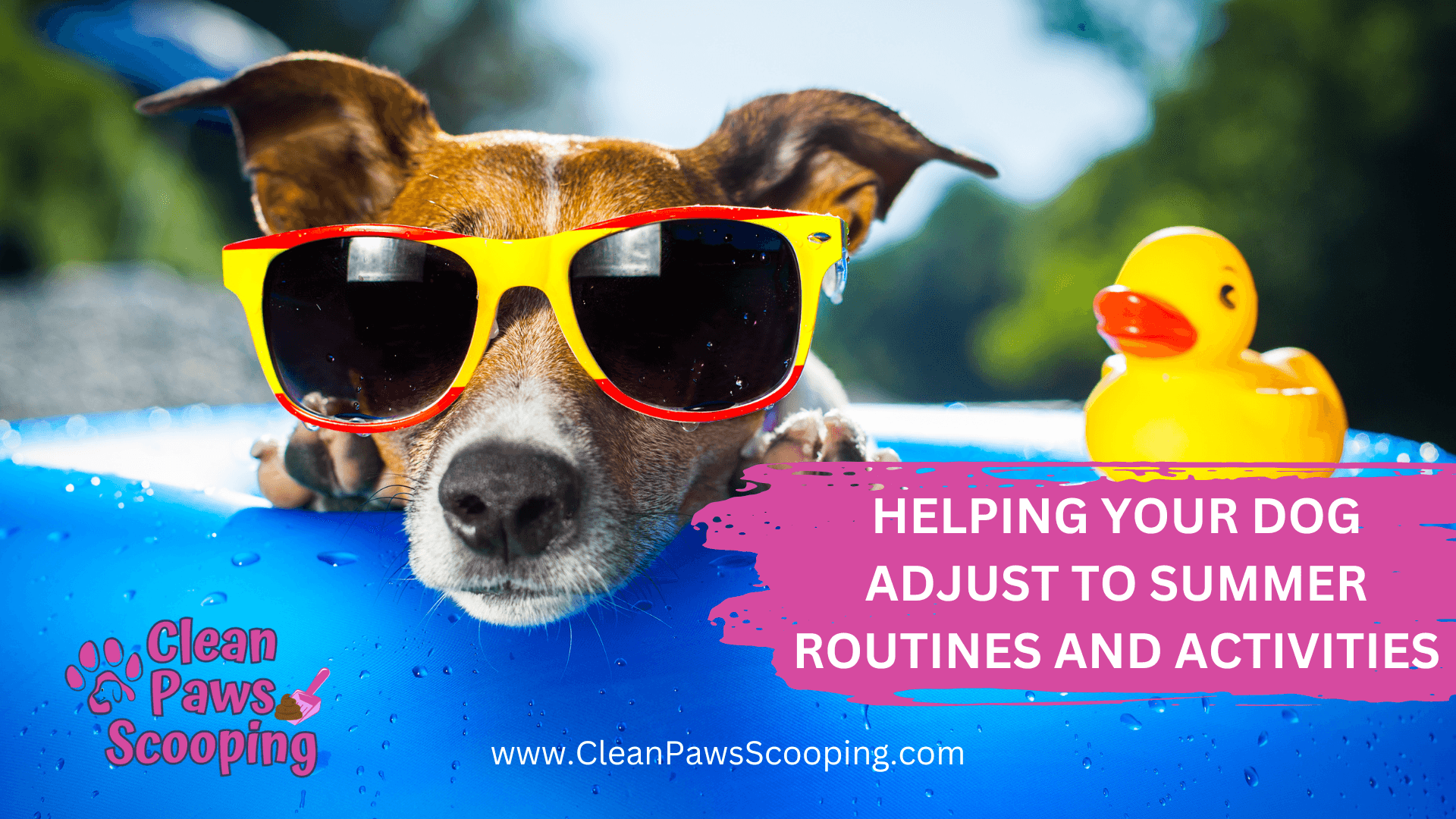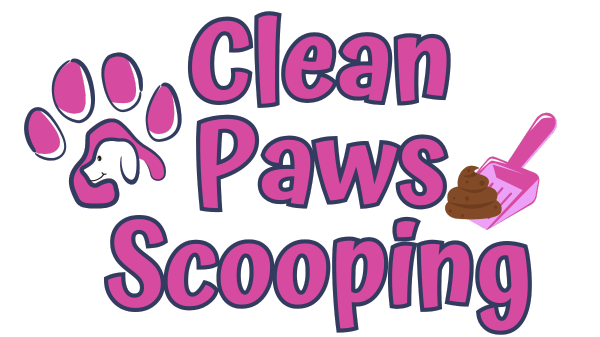Helping Your Dog Adjust to Summer Routines and Activities

As the temperatures rise and schedules shift for the summer, your dog may need a little extra support adjusting to the changes. Whether it’s later sunsets, kids being home from school, more travel, or unpredictable weather, dogs thrive on routine — and summer can throw that off.
Here in North Metro Atlanta — from Duluth and Alpharetta to East Cobb and Peachtree Corners — summer brings heat, humidity, thunderstorms, and more outdoor fun. But with all these changes, dogs can get stressed, overstimulated, or just plain confused.
If you’re planning vacations, hosting backyard barbecues, or just enjoying longer days outside, here’s how to help your dog transition smoothly into summer.
1. Ease Into Schedule Changes
If your dog is used to a specific routine during the school year (like quiet mornings or midday walks), the shift to a noisier, more active summer household can be overwhelming.
How to help:
- Gradually shift feeding and walk times by 10–15 minutes each day if your summer schedule will differ.
- Stick to a consistent wake-up and bedtime, even if the rest of your day changes.
- Use verbal cues and positive reinforcement to help your dog anticipate new patterns.
Dogs crave predictability. Seasonal transitions are also a great opportunity to reset habits and routines that may have drifted. For many pet parents, using this time as a fresh start with your dog helps reinforce structure, rebuild calm behaviors, and set positive patterns for the months ahead.
A stable schedule — even with small tweaks — gives your dog a sense of security.
2. Manage Excitement and Overstimulation
With more people around and longer daylight hours, your dog may become overstimulated by guests, kids, or backyard noise.
How to help:
- Set up a quiet “safe zone” indoors with your dog’s bed, favorite toys, and water.
- Teach a “place” or “settle” command so your dog has an assigned resting spot when things get loud.
- Supervise interactions with children and teach respectful boundaries for both your dog and the kids.
Your dog doesn’t have to be the life of the party. Giving them space to decompress helps prevent anxious behavior or accidents.
3. Create a Summer Exercise Routine
Hot Georgia summers make it harder to stick to your usual walking schedule — but skipping walks altogether can lead to behavior problems from pent-up energy.
How to help:
- Walk early in the morning or later in the evening when it’s cooler.
- Use shaded trails or grassy areas to protect paw pads from hot pavement.
- Consider indoor enrichment activities like treat puzzles, training games, or short obedience sessions.
Even 10–15 minutes of structured physical and mental activity a few times a day can make a huge difference in your dog’s mood and behavior.
4. Be Prepared for Summer Weather Triggers
Storms, fireworks, and intense heat are common in the Atlanta area. Many dogs are sensitive to these conditions, especially sound-sensitive pups or seniors.
How to help:
- Use calming tools like thunder shirts, white noise machines, or vet-approved calming treats.
- Avoid outdoor time during peak heat hours (11 AM–4 PM).
- If your dog has anxiety, talk to your vet about medications or behavior modification techniques.
Knowing your dog’s weather stressors — and how to respond — can help avoid accidents, bolting, or destructive behavior.
5. Stay on Top of Potty Breaks
Changes in activity or feeding times can disrupt your dog’s bathroom habits, and longer daylight might mean they forget to go on schedule.
How to help:
- Keep a consistent potty break routine, especially after meals and naps.
- Offer extra chances to go out during busy days or after guests leave.
- Clean your yard regularly to avoid smells and buildup that can deter good potty habits.
Having a clean, cool yard also encourages your dog to relax and play outdoors more — which is where we can help with poop scooping services that keep your space tidy all summer long.
6. Include Your Dog in the Fun — Within Limits
Summer is a great time for outdoor dining, lake trips, and festivals. But not every activity is dog-friendly, and not every dog enjoys all the excitement.
How to help:
- Choose low-key outings like dog-friendly patios, shaded parks, or calm walking paths.
- Bring a collapsible water bowl, treats, and a cooling mat if you’ll be out for a while.
- Read your dog’s cues — panting, pacing, or hiding can signal it’s time to head home.
Let your dog be part of the summer fun, but avoid pushing them into situations they aren’t comfortable with.
7. Schedule Some “Boredom Busters”
When the weather’s too hot to go outside, your dog still needs entertainment. Bored dogs often turn to chewing, digging, or barking.
How to help:
- Rotate toys every few days to keep things fresh.
- Fill a kiddie pool with water and floating toys for a DIY splash zone.
- Try frozen treat toys like peanut butter-filled Kongs or pupsicles.
A little creativity goes a long way in keeping your dog mentally stimulated on even the hottest days.
Final Scoop: Your Dog Deserves a Clean Space, and So Do You
Helping your dog adjust to summer is all about consistency, creativity, and a little preparation. With the right routine and a calm, clean space to relax in, your pup can enjoy the season right alongside you.
At Clean Paws Scooping, we know how important it is to have a fresh, clean yard all summer long. With weekly poop scooping and waste removal, you can spend less time cleaning and more time soaking up the sunshine with your best friend.




